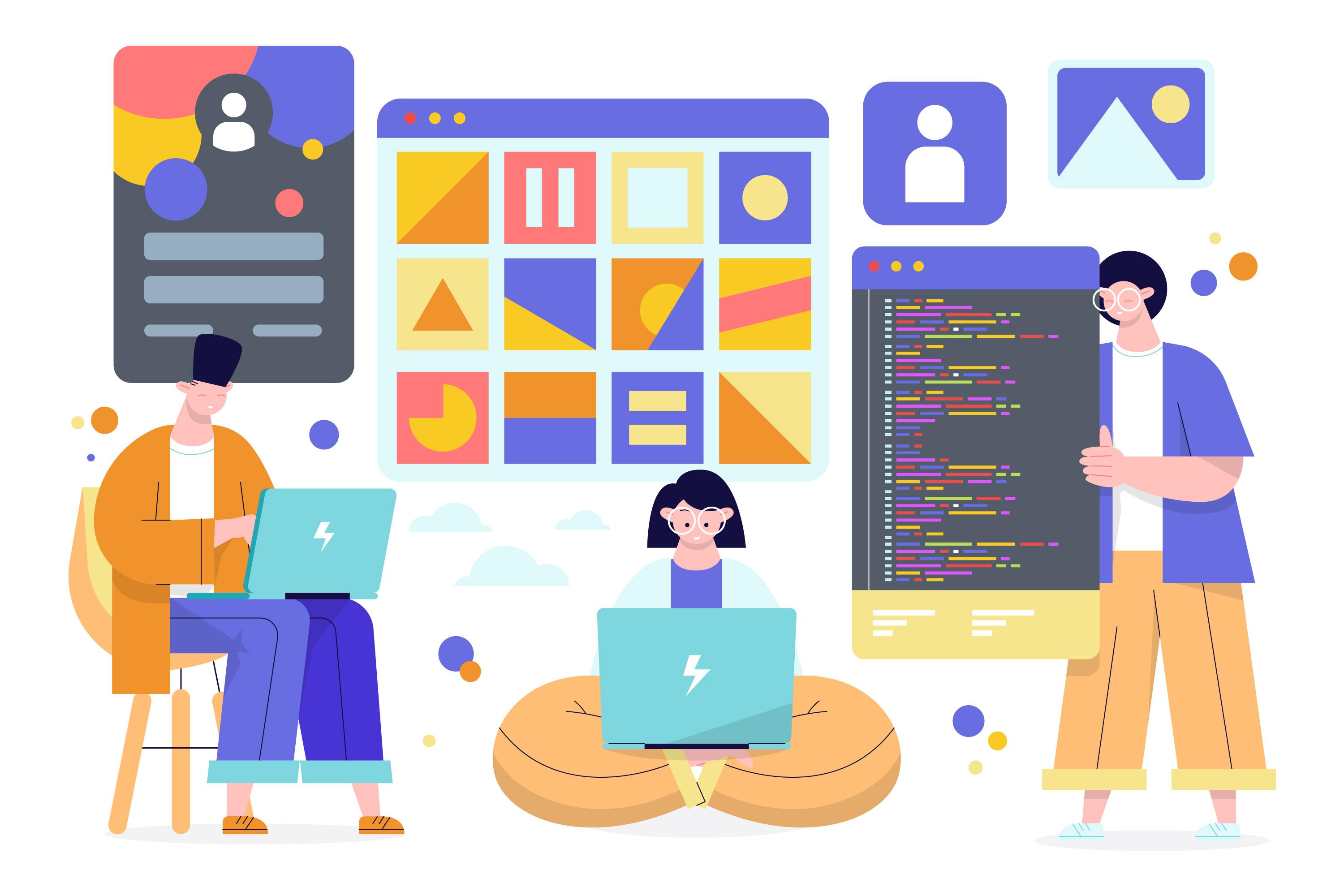Google’s recent unveiling of Veo 3 has sparked both excitement and concern across the tech landscape. This advanced AI video generation tool can create hyper-realistic videos from simple text prompts, complete with synchronized audio and lifelike movements. While it promises to revolutionize content creation, it also raises significant ethical questions, particularly regarding the potential for misuse in spreading misinformation and deepfake technology.
.jpg)
The Power and Peril of AI Video Generation
Veo 3 stands out in the realm of AI-generated content. Unlike its predecessors, it can produce videos that are nearly indistinguishable from real footage, complete with convincing dialogue and sound effects . This capability opens new avenues for filmmakers, educators, and marketers to create compelling content efficiently.
However, the same features that make Veo 3 a powerful tool also make it susceptible to misuse. Investigations have shown that it can generate fabricated videos depicting events like riots or election fraud, which could be used to spread false information and incite unrest. The realism of these AI-generated videos complicates efforts to discern truth from fiction, posing challenges for fact-checkers and the public alike.
Ethical Implications and the Deepfake Dilemma
The rise of AI video generation tools like Veo 3 intensifies the ongoing ethical AI debate. Deepfake technology, which uses AI to create realistic but fake videos, has already been a source of concern for its potential to deceive and manipulate. With Veo 3’s advanced capabilities, the line between authentic and fabricated content becomes even more blurred.
Google has implemented safeguards such as invisible watermarks and content filters to prevent misuse. However, experts argue that these measures are insufficient, as watermarks can be removed and filters may not catch all harmful content . The potential for AI-generated content to erode public trust and disrupt democratic processes underscores the need for robust ethical guidelines and regulatory frameworks.
Navigating the Future of AI-Generated Content
As AI continues to transform content creation, it’s imperative to address the ethical challenges it presents. Developers, policymakers, and users must collaborate to establish standards that ensure AI tools are used responsibly. This includes developing technologies to detect deepfakes, promoting media literacy to help the public discern AI-generated content, and creating policies that hold creators accountable for misuse.
The advent of tools like Veo 3 marks a significant milestone in AI and content creation. While the possibilities are exciting, they come with responsibilities that cannot be overlooked. Balancing innovation with ethical considerations will be crucial in harnessing the benefits of AI while mitigating its risks.
Curious how AI is reshaping other areas of digital interaction? See how businesses are balancing efficiency and empathy in customer service in our related post: AI Chatbot vs. Human: Who’s the Better Fit for Your Business?.
Heading 2
Heading 3
Heading 4
Heading 5
Heading 6
Lorem ipsum dolor sit amet, consectetur adipiscing elit, sed do eiusmod tempor incididunt ut labore et dolore magna aliqua. Ut enim ad minim veniam, quis nostrud exercitation ullamco laboris nisi ut aliquip ex ea commodo consequat. Duis aute irure dolor in reprehenderit in voluptate velit esse cillum dolore eu fugiat nulla pariatur.
Block quote
Ordered list
- Item 1
- Item 2
- Item 3
Unordered list
- Item A
- Item B
- Item C
Bold text
Emphasis
Superscript
Subscript






.png)


.svg)







